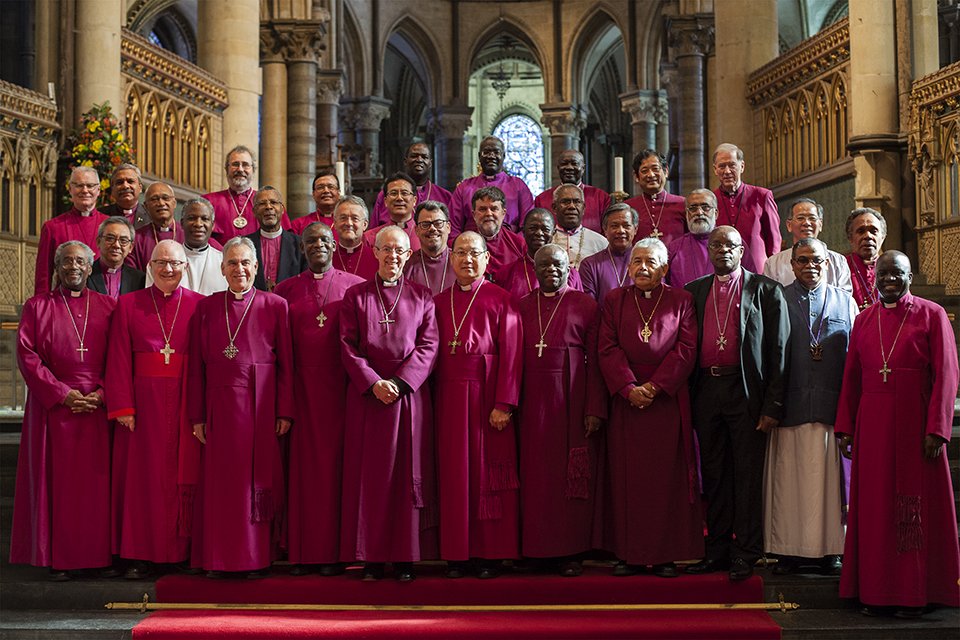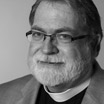“It was confirmed that the Anglican Church of North America is not a Province of the Anglican Communion. We recognised that those in ACNA should be treated with love as fellow Christians.” Statement of the Primates Meeting 2017
The Primates Meeting of 2017 has issued its final statement. Who wrote the statement—the Archbishop of Canterbury, the Anglican Communion Office, the Secretary General or the whole body of the Primates?
If the whole body of the Primates wrote the final statement, where are the signatures of the Primates who consented to all of these statements? When did the Primates come together and write this statement? How many drafts did they have to go through before they came to this statement? Which Primates were actually involved in writing it? When did they discuss and redraft? How many Primates were present to approve the final draft? Was it even shown to the Primates before they departed?
Did they take note of the actual documents that define membership in the Anglican Communion? I researched and wrote on this very topic recently. Did the Primates know that membership in the Anglican Communion requires 2/3 of them to consent? How many primates voted for the Anglican Church in North America (ACNA)? Against ACNA? Who were they? If the votes were not recorded, how do we know whether the Primates reached any consensus about the ACNA?
Walking together in the midst of false teaching, ignoring the clarity and the authority of the Bible is the real theme of this Statement. Why should we be surprised? Since the 2007 Primates Meeting at Dar es Salaam, the Archbishops of Canterbury and the Anglican Consultative Council have thwarted any effort by the Primates to exercise enhanced responsibility for the doctrine, discipline and order of the Anglican Communion that were proposed by successive Lambeth Resolutions in 1988 and 1998, and the Inter-Anglican (Virginia) Report in 1997.
Let’s ask an even tougher question—was this communique written well before the Primates even met, their meeting simply a choreography around the points that had already been pre-determined?
I have been to many official Anglican Communion events. I learned a long time ago that the Anglican Communion’s structures too often make up their own rules as they go along. Rarely is there transparent and honest communication that is not agenda driven. And I’m not talking about God’s agenda of sharing the Gospel and saving souls. I’m talking about an agenda that seeks to preserve the institution at the expense of its original mission. The Anglican Communion’s leadership in the Archbishop of Canterbury, Anglican Consultative Council, Lambeth Conference and, sadly, the Primate’s meeting, is more interested in preserving the Canterbury domination of Anglican structures of the past at the expense of the clarity and authority of the Bible. This serves neither the historic faith of Anglicanism, nor its Biblical mission nor the integrity of relationships among its Churches.
We will probably never know the answer to the questions I’ve asked. So, let me ask a different set altogether. This time I’m directing my questions to Christ-centered, Bible-believing Anglicans around the world:
Are you surprised, really, at this meeting’s outcome? How much longer should spiritually bankrupt institutions direct the world’s third largest branch of Christianity?
It’s time for us to get on with bringing Biblically faithful Anglicans together for mission– together, to make disciples of Jesus Christ of all nations (Matthew 28:16-20), under the clarity and authority of God’s word (the Holy Scriptures), and in the transforming power of the Holy Spirit. Let’s take the new Anglican Reformation that began in the Global South at Kuala Lumpur (1997) and Lambeth 1998, and in Gafcon Jerusalem 2008, and take it broader and deeper, beyond Primates— from Province to Province, bishop to bishop, diocese to diocese, and congregation to congregation all across the Globe. I assure you, that’s what the American Anglican Council will be doing in the days, months and years ahead.
The Rev. Canon Phil Ashey is President & CEO of the American Anglican Council.


